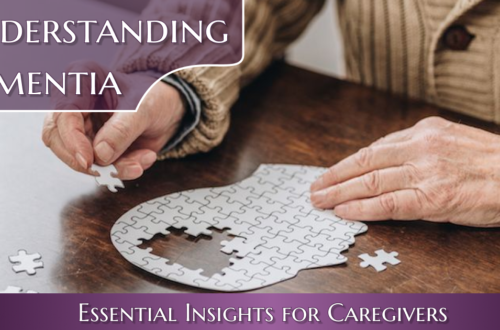Navigating the Digital World Safely
As the world becomes increasingly connected, seniors face new challenges when navigating the internet. Many are unfamiliar with basic online safety practices, making them vulnerable to scams, hacking, and identity theft. With more essential services like banking, shopping, and healthcare going digital, it's vital that seniors feel empowered and secure when using the internet.
In my work at our local community center, I’ve seen firsthand how overwhelming this can be. Recently, I had the pleasure of helping Margaret, a lovely woman in her 70s who was anxious about online banking. She feared making a mistake that could cost her dearly. Her apprehension is something I’ve seen in many seniors who worry about their safety online but don’t know where to start.
Margaret's experience inspired me to embark on a mission to help more seniors beyond our community center. While searching for resources to help her, I came across an incredibly useful guide on online safety for seniors. This guide, which also helped Margaret gain the confidence to handle her banking securely, is a treasure trove of easy-to-follow tips and advice that can make a world of difference.
Why Seniors Are More Vulnerable Online
Online scammers often target seniors for a few reasons. First, many older adults didn’t grow up with technology, so they may not be as familiar with potential online dangers. Additionally, seniors tend to be more trusting, making them ideal targets for fraudsters who rely on deceit to steal personal information or money.
Some common scams include phishing emails, where scammers pose as trusted institutions, and phone scams, where fraudsters convince seniors to give up sensitive information. These attacks can lead to identity theft, financial loss, or even access to personal accounts.

Practical Tips for Staying Safe Online
Seniors need to learn how to protect themselves online. Here are some practical tips from the guide that I’ve shared with seniors like Margaret:
Create Strong Passwords: Using complex passwords and changing them regularly is one of the simplest yet most effective ways to protect online accounts. Passwords should be a mix of upper and lowercase letters, numbers, and symbols.
Enable Two-Factor Authentication (2FA): Two-factor authentication adds an extra layer of security by requiring a second form of verification, like a text message code, when logging into accounts.
Be Cautious with Emails and Links: Seniors should be wary of unsolicited emails and avoid clicking on suspicious links. Scammers often pose as familiar companies, so it’s always safer to go directly to the official website.
Don’t Share Personal Information: Sensitive information like Social Security numbers, bank details, or passwords should never be shared over the phone, email, or text unless you are certain the request is legitimate.
Use Trusted Websites: When shopping or banking online, it’s important to use websites that start with “https” and have a small padlock icon in the address bar, indicating the site is secure.
Install Antivirus Software: Having reliable antivirus software can help protect against malware, viruses, and other malicious threats that could compromise personal data.
The Benefits of Online Safety for Seniors
Once seniors feel confident in their ability to stay safe online, they can fully enjoy the digital world's benefits. Whether it’s staying connected with loved ones through video calls, shopping for essentials, or accessing important healthcare information, the Internet can open new doors for seniors.
Helping seniors like Margaret navigate the online world is not just about preventing scams—it’s about giving them the confidence to embrace technology and stay engaged with the world around them. With the right tools and knowledge, seniors can enjoy the benefits of the internet while staying protected.

Final Thoughts
Resources like the Senior Citizens' Guide to Online Safety can be incredibly valuable for anyone looking to support seniors in their digital journey. It’s a comprehensive guide that covers everything from secure browsing to recognizing common scams. I encourage anyone with older family members or friends to share this guide and help them feel more confident online.
The full guide is available here, and I believe you will find it just as helpful as Margaret did.
Fern Metts ~ Online Safety Masters



